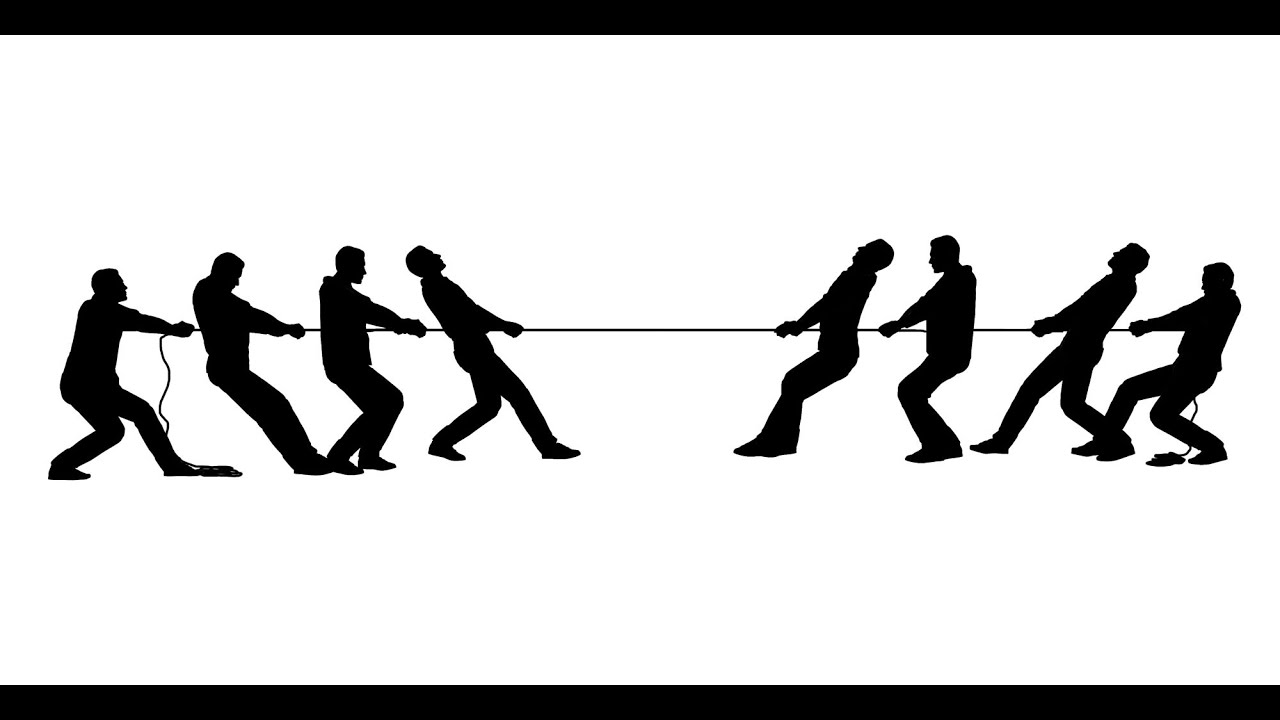Sun decides to retain control of Java; the Java community voices mixed reactions
December 11, 1999 — As Java rolls full steam ahead into enterprises, its creator, Sun Microsystems, has decided to remain at the helm of the technology’s development. Just last week, the company stunned the Java Business Expo in New York by announcing that it has removed Java from consideration by the European Computer Manufacturers’ Association (ECMA), a standards body to which Sun had been considering turning over control of the platform.
Sun officials described the move as an effort to remain a steadfast guardian of the standard without exerting undue control over the technology, but for most the decision once again raised the question of potential conflicts between the company’s need to drive shareholder value and its paternal role in the development of Java and the needs of the industry embracing it.
At the heart of the issue is the choice between a unified vision that can evolve the Java standard over time or a model in which everyone can influence the platform’s development, says Jeff Fredrick, vice president of engineering at code provider Open Avenue, in Scotts Valley, Calif.
“With Sun [in control], you get a unified vision, but you have to wonder whether the long-term vision evolves toward the community as a whole,” Frederick says. “With a standards body, everyone gets input, and that may outweigh the benefit of Sun’s unified vision.”
Even before Sun’s decision to keep control of Java, rumblings from those in favor of the latter option — who feel it is time for Sun to place its creation in the hands of an independent standards body — were growing. The contention is that even though Sun has been a fair and beneficial shepherd of the standard to date, the time has come to turn the process over to an independent organization with no interests outside of developing the most useful technology possible.
“In terms of running its business and working on the standard, Sun’s done a great job at balancing. The problem in the equation is inherently unbalanced,” says Kenny Rubin, chief operating officer at Secant Technologies, in Cleveland. “Regardless of how well Sun’s doing at shepherding, their need to address shareholders is at odds with the process.”
ECMA itself is said to be considering moving forward with the Java standardization process, although officials at Sun say they don’t see how the organization could possibly come up with a complete standard in light of the numerous copyrights still owned by the company.
Those who argue in favor of Sun’s continued control would take odds with any independent ECMA effort, believing that a drawn-out standards effort could result in the promising technology wilting on the vine.
Such vendors and developers are encouraging Sun on its current course, believing that whether or not Sun can continue to maintain its dichotomous role as both corporate entity and guiding light, the end result would be more beneficial than what any third-party stewardship could contribute.
“The current process is working far better than we have ever seen with a language controlled by a standards body,” says Lindsay Patten, lead architect for Java products at Rogue Wave Software, a Boulder, Colo.-based vendor of software solutions for building distributed enterprise-level applications. “Basically, I think the only advantage of handing control over to a standards body would be that those bodies that can only use things which are approved by a standards body could use Java, and the vague ‘threat’ that Sun will suddenly become unreasonable would be countered,” he says.
Invoking history is a two-way street
Those who support Sun’s continued control of Java tend toward the pragmatic when it comes to technology. Not only are they happy with the functionality of what the Java Community Process churns out, but they feel no need for undue change when the status quo is working just fine. That is a logical position considering the success with which other de facto standards have evolved, says Tom Dwyer, a research director at the Aberdeen Group, in Boston.
“There are a number of examples where technologies that ended up being widely embraced by the industry got that way without a standards body anointing them, so there are all types of proof points for the de facto industry approach,” Dwyer says.
One specific example of that is Visual Basic, which has become a useful development language without ever being officially sanctioned by a standards body.
That example has led Jayson Minard, a developer on the team that created the JavaBean specification and now chief technology officer at Open Avenue, to believe Java is better off left to grow with Sun.
“Controlled languages have historically done better than standardized languages,” Minard says. “Plus, while there probably is a concern [that Java could become too proprietary] in the long, long run, I’m not sure any language ever has a long enough life for that to come into effect.”
In addition to pointing out examples of languages that have survived proprietary development and grown into useful, de facto standards, Sun’s backers also point to technologies that have foundered under the weight of standards bodies.
One such example, says Rogue Wave’s Patten, is C++ — a language that Java is quickly surpassing in electronic-business programming environments. The reason, Patten says, is that Sun has helped Java mature with unprecedented speed while remaining true to its core value propositions, allowing Java to grow less platform-dependent and closer to its ‘Write Once, Run Anywhere’ promise.
C++, on the other hand, has been made to endure the excess baggage that can come when standards bodies control a language.
“So far, Sun and its many partners have done a great job of cooperating to produce highly functional supporting libraries,” Patten says. “Contrast this to C++, where ANSI took years to produce the very low-level standards library and nothing higher-level has ever been standardized.”
Of course, history always has two sides. Those who feel it is time for Java to grow on its own can point to just as many, if not more, examples of nonproprietary technologies that have flourished and are currently flourishing on their own. The most obvious recent example is Linux, which in a short time has grown from a hobbyist’s operating system to a competitor that even Microsoft is taking seriously — without the restraint of a controlling entity.
Mark Field, president of Sterling Software’s application development group, believes that success should send a signal to Sun.
“Once you open the source code, let it out into the community, you create a powerhouse,” Field says. “Sun should learn from Red Hat and learn to let go a little bit.”
Another technology that is quickly storming the gates of corporate America’s computing infrastructures is Extensible Markup Language (XML), which is thriving — not languishing — under the stewardship of a standards body.
Critics of Sun’s continued control of Java also point to the platform’s inability to live up to its potential for cross-vendor interoperability in the absence of a neutral organization overseeing compliance as a sign that Sun should step aside.
That fact could become quite clear to Java developers with the release this month of Java 2 Enterprise Edition for which Sun will provide reference implementations and testing guidelines, but will not oversee each vendors’ tests.
According to Dana Gardner, research director for Internet infrastructure at the Aberdeen Group, that could provide a convenient yet troubling loophole for companies who feel obligated to favor their competitive imperatives over adhering to the letter and law of Sun’s specification.
“The problem is we don’t know how well vendors will play along with the standard [due to the way the process is arranged today],” Gardner says. “There might be a temptation to compete first and play later.”
Presumably that temptation would not be as strong under the oversight of a governing standards body.
The X factor
As with any discussion of standards, the presence of Microsoft has to be taken into account when discussing the future of Java.
Although weakened by legal troubles, including the recent Department of Justice ruling as well as a loss in its legal battle with Sun, Microsoft is still seen as a shark in the waters anytime Java development is discussed.
Although the company has publicly hinted that it is abandoning Java-related development in favor of XML, Java proponents still worry that it could rise up to smite the platform should Sun let it out of its sight.
“For its entire history as a company, Microsoft has always taken the same approach to standards, which is to embrace, extend, and eliminate,” says Rob Veitch, director of business development for Sybase’s Internet application division in Emeryville, Calif. “So far Sun has been able to block them from doing that, but there is some danger if [Java] was out of Sun’s control.”
Of course, Veitch notes, Microsoft is not in the leadership position it was in just 18 months ago, so even if it was able to hijack Java from a standards body, whether anyone would fall in line behind it is not clear. The risk, however, still seems too high for Sun’s supporters.
“Microsoft has its own interests, and in many cases those do not align with the interests of the industry as a whole,” notes one developer. “I can imagine that if Java had been controlled by a standards body, we might, for example, be using Microsoft’s [Application Foundation Classes] instead of JFC/Swing, and that would have been a tragedy.”
The existence of a higher power
A final consideration in the Java tug-of-war is the notion that Java’s path has already been determined, with neither Sun nor a standards body paving the way. Indeed, Sun’s own Pat Sueltz, president of the company’s software products platform division, admits that Java is now bigger than one company.
With this in mind, perhaps the real driving force behind Java is coming from up on high — from industry giants who have bet their businesses on it and are bent on ensuring its success, suggests a developer who has been closely involved with Java’s evolution.
“Everyone who’s been involved with Java from day one like I have knows its history and appreciates what Sun has done, but Java is bigger than Sun now,” the developer says. “At this point, the stakes are so high that there are a number of significant parties who will make sure Sun doesn’t screw this up.”
That view of Java as a critical component of future corporate computing infrastructures seems to be the one universal sentiment surrounding Java.
Be it under the guidance of a standards body, through the anonymous influence of industry giants, or the continuing efforts of Sun and its Java Community Process, everyone seems to agree that Java must and will continue to grow openly and efficiently.
“Java is an extremely important standard, and its success doesn’t depend on Sun’s control or a standards body,” says Sybase’s Veitch. “Its success depends on adoption, and I don’t think there’s a question that Java adoption is here to stay.”



